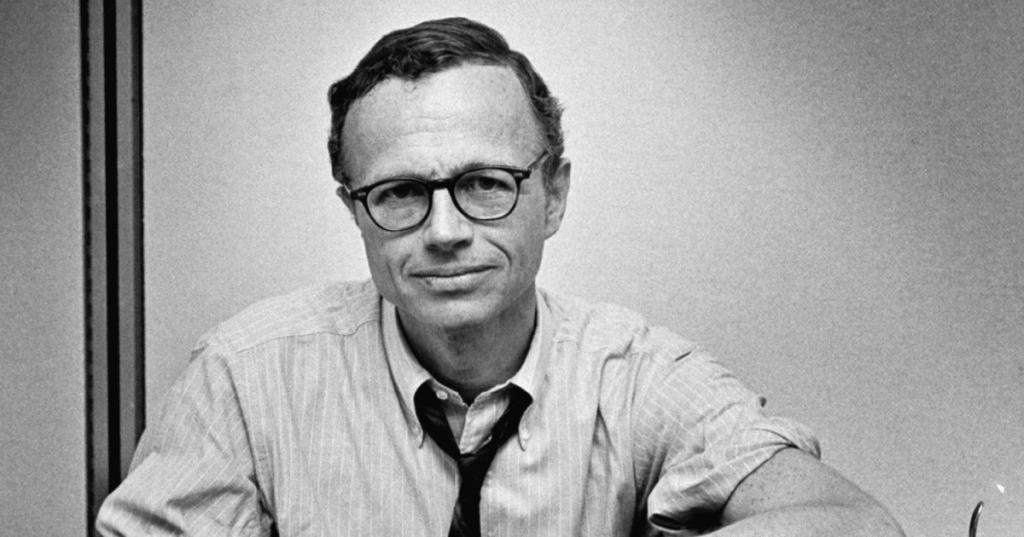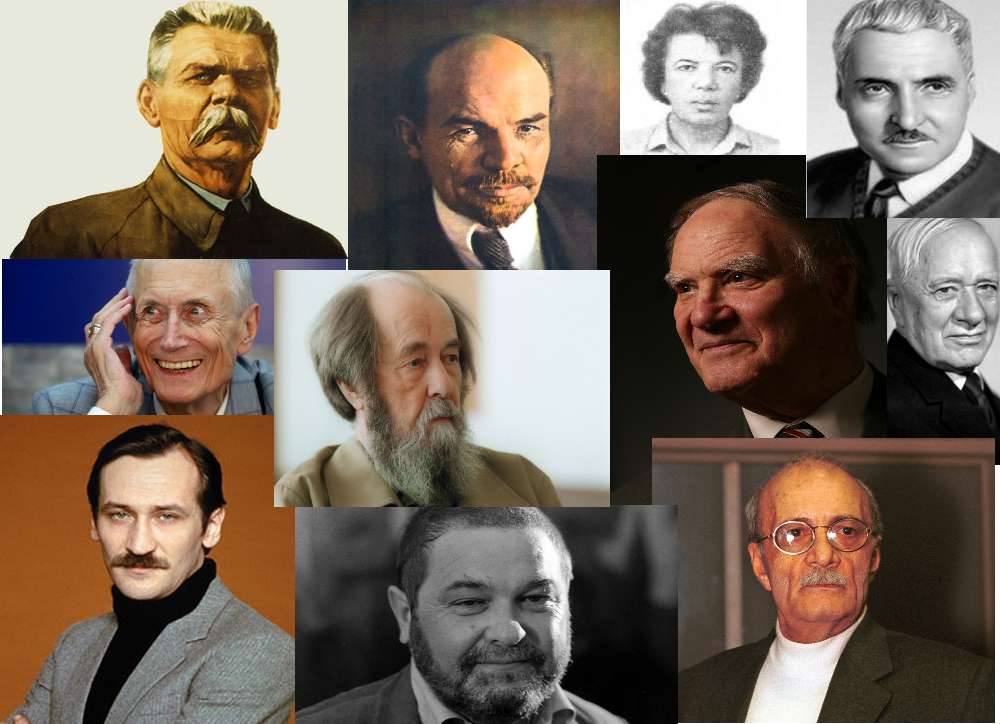For the inexperienced, the writer is the one who wrote the great novel. Or, at worst, a lot of fiction. Colorful images, intricate intriguing stories and a guaranteed haze of reverie after reading. But in the world, other literature has long made its way — non-fiction, that is, “not fiction”. If fiction begins with the names of heroes in fiction, then in non-fiction flights of dreams and fantasies are not welcome.
What is included in non-fiction literature?
- Scientific literature, from monographs to dissertations, all kinds of research papers.
- Reference and educational literature, which is used in educational institutions, enterprises and organizations.
- Technical literature, descriptions and instructions.
- Travel literature on real travels and places on the planet.
- Biographical (about people and their lives, including memoirs).
- Journalism (on the problems of society and methods of solution), historical literature and chronicles.
- Sports literature on events in the world of sports, competitions and training methods.
- Critical, parsing different genres of art - the same literature or cinema with theater.
- Psychological (including self-development).
- Medical (for health workers and separately for non-specialists).
Can a author of non-fiction be called a full-fledged writer ?
William Zinser's book, How to Write Well, gives an interview that the radio station host took from the author himself. Directly in the studio of the radio station there were three writers working in the style of documentary, and William Zinser himself participated in a general conversation over the phone. Knowing that the writers were in front of him, the presenter asked several questions about literature, implying specifically fiction, which led all four to a dead end, and at the same time himself. Hearing in response that they actually came here to talk about the craft of the writer, and not about literature, and even more so fiction, he, sincerely not understanding, called for the help of the giants Hemingway, Bellow and Styron. Zinser ignored the roar of heavy names and said that they actually take an example from other writers, such as Lewis Thomas, Joan Didion, Harry Wills and Tom Wolfe, who respond better to current problems. The bewildered presenter, not owning himself, desperately asked: "Do you not want to write something artistic? Have you ever been awake in the silence of the night, never dreamed of writing a great American novel?" It turned out that neither in the silence of the night, nor in the blue gave "they did not please themselves with such a dream." They were quite comfortable doing their job.

Non-fiction authors often work for a long time on their work, editing, supplementing and removing material to give books and articles a finished look. Grind style and language for ease of reading. They check their research on directories and other authoritative publications and only then publish them. They are familiar with the concept of creative crisis, fear of a white sheet, they also seek inspiration for vivid and capacious descriptions that are understandable to the audience.
Thus, the authors of non-fiction literature willingly or not become writers in the full sense of the word. No matter how embarrassed, hearing this, teachers of literature.
The world prefers non-fiction
Many today read non-fiction literature, subconsciously giving it preference over works of art and not suspecting that their authors are not "half-writers." Of course, such names as Turgenev, Tolstoy and Dostoevsky sound more weighty than Boris Akunin, Andrei Tkachev, Maxim Ilyakhov or the same Nick Vuychich, but the latter turned out to be much more demanded by the modern reader than the works of glorious ancestors who, without worrying about alternatives in solving problems with Mumu, focused on painting - what a bad mistress Gerasim was.
Previously, no one thought about the world order, political economy, bitcoins and weight loss, even about how to grow piglets using Dutch technology. New times brought other needs. Today, a person needs information for decision-making and development, he felt a taste for knowledge, search and awareness. Nobody builds their business or personal life according to the principles of Tolstoy or Turgenev, their works went to the authors - they died. A person needs truth, information from competent sources, and not a beautiful invention. What's new in space, how to cleanse the liver, what kind of people were Coco Chanel, Gagarin or Steve Jobs, how to improve professional skills, is it possible to have happiness in the family, how to manage an enterprise, how to legally move to the USA, what qualities a school teacher needs? Non-fiction literature answers these questions. And reading for entertainment is steadily losing ground.
There are quite a few non-fiction writers in the world, especially in the English-speaking part of the world. Names such as Bill Bryson, Anthony Fraser, Alistair McGrath, Peter Hopkirk, Michael Lewis, Bruce Chatwin, Truman Capote, Charles Krauthammer, Ann Lamotte, Bill O'Reilly, David Cedaris, Augustin Burroughs, Joan Didion, Sebastian Junger, , John Krakauer, Frank McCourt, Dinty Moore and others, are familiar to many who read in English.
Among the Russian-speaking authors, the most famous are those who wrote both fiction and non-fiction Alexander Solzhenitsyn; Red Star correspondent Konstantin Simonov; publicist and author of the Ural tales Pavel Bazhov; five-time Nobel Prize nominee for literature Maxim Gorky; Academician of the Russian Academy of Sciences Vitaliy Ginzburg; publicist writer Alexander Blok; revealed in military subjects Vasil Bykov; sports journalist Konstantin Yesenin, son of Sergei Yesenin and Zinaida Reich; children's writer and critic Korney Chukovsky; the son of the former first secretary of the CPSU Central Committee, the anti-Stalinist Sergey Khrushchev; the tireless and influential author of political works, the "leader of the world proletariat" Vladimir Ilyich Ulyanov-Lenin; literary critic Svyatoslav Belza; Evgeny Evtushenko; front-line writer Vladimir Diaghilev; published in the Crocodile Library and the Soviet Writer Natalya Ilyina; film director and publicist George Danelia; amateur tricks Harutyun Hakobyan; writer Samvel Mkrtchyan; author of articles in the journal Science and Life, scientist Sergei Kapitsa; founder of the Top Secret newspaper Yulian Semenov; the author of the fairy tale "About Fedot the Sagittarius, a daring young man" Leonid Filatov; authoritative publicist Anatoly Agranovsky; scandalous Alexander Nevzorov and many others.

Many of these names and their works have also died, because times are changing. However, the stream of new books and works from non-fiction authors does not stop both in the modern Russian-language writing field and in the foreign one. Fighting through difficulties, they are trying to answer today's demands of society.
According to some, classical fiction has expired. Is it time to put an obelisk on her grave?